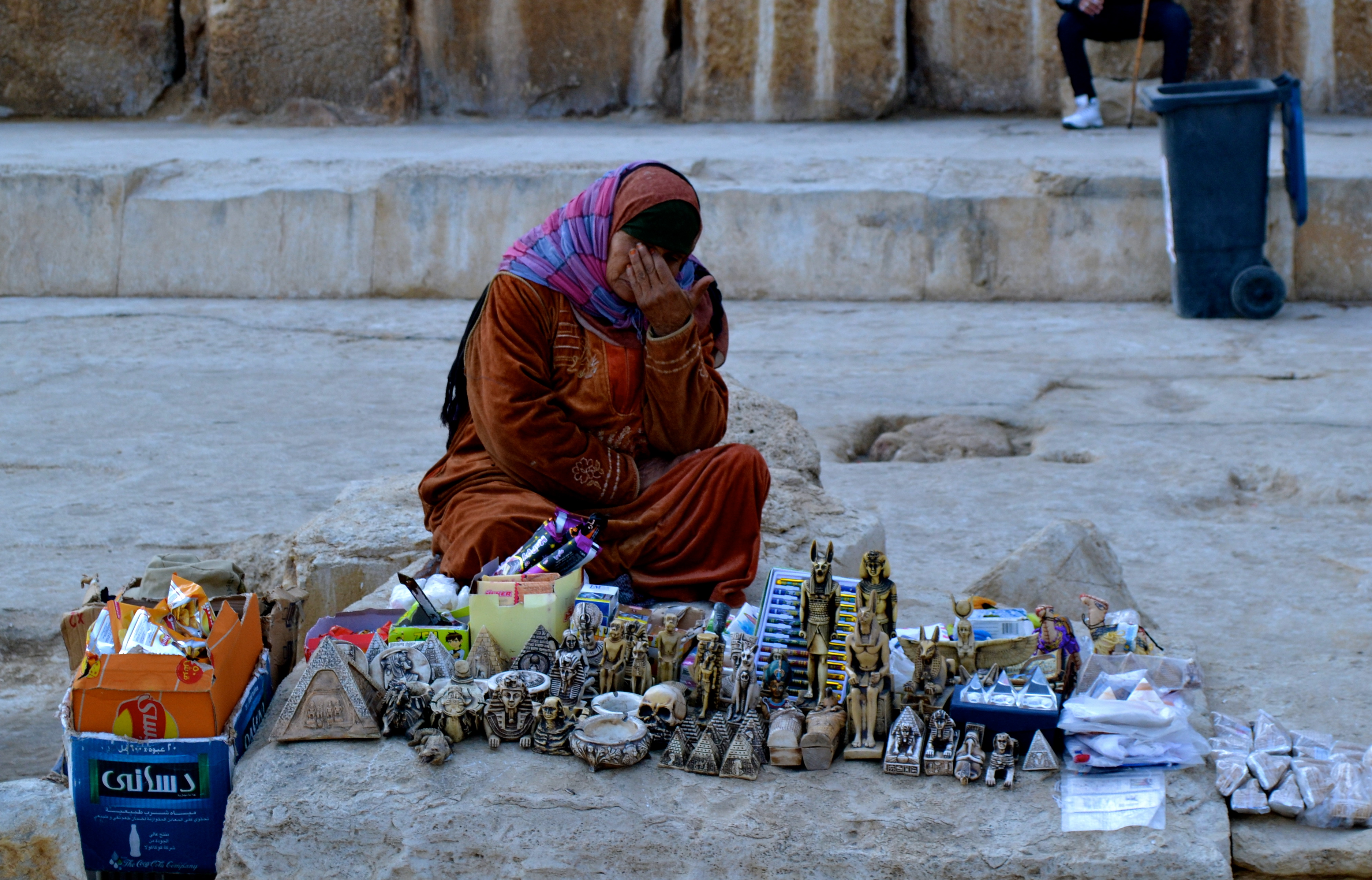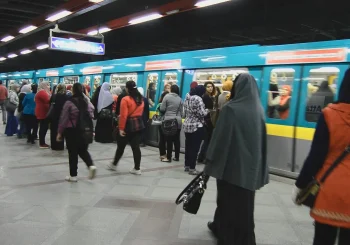By Mohamed Khairat, Founder, EgyptianStreets.com
On a day when Egypt is hosting two major international events aimed at boosting tourism, the International Taekwondo Championship and the Cupa Coca Cola at the Pyramids, a devastating terrorist attack has rocked the sunny Red Sea resort of Taba on Egypt’s border with Israel, killing at least three South Korean tourists and an Egyptian bus driver.
Despite the political and social turbulence Egypt has witnessed in the past three years, the Red Sea and South Sinai have been declared as “safe havens” for tourists by Egypt’s government officials. Just hours before today’s deadly attack, Egypt’s state media had proudly declared that thousands of Russians were currently sun bathing along the coast. Yet, with hotels reaching just one percent occupancy across certain cities, the latest attacks are likely to significantly impact the tourism industry in Egypt.
The death of tourism. While it may sound pessimistic and harsh, the phrase could not be further from the truth. From the frightening attacks in down town Cairo that damaged the most important Islamic Arts museum in the world, to constant bombings targeting security installations across the country, tourism had already been on the verge of bleeding out. Egypt’s tourism industry, as one Twitter user pointed out, was clinically dead, and today’s attacks simply pulled off the plug.

While Egypt has in the past faced numerous terrorist attacks, including the Luxor Massacre in 1997 and the bombing of the Taba Hilton Hotel in 2004, recent attacks are a representation of a country struggling to restore law and order. In previous decades, tourism was quick to bounce back after horrific events, but this is no longer the case. As Egypt’s passionate Minister of Tourism Hisham Zaazou accurately stated, “you’re talking about ghost cities.” Once the world’s most visited sites, Egypt’s history is now left for the ghosts.
“But Egypt is safe!” proclaimed a foreign friend who recently visited the turbulent country. To some extent, that is true: violence tends to be limited to certain hot pockets, and does not largely impact popular tourism attractions, or even the daily lives of many Egyptians. You can walk through the hidden alleys of Khan El-Khalili and be so immersed in the culture and history that you forget there is blood being shed in the same city. You can stand in the shadows of the Great Pyramids of Giza or the towering Abu Simbel Temples and not even realize that this is the same country that has had three different Presidents in three years.
We can forget, but we will always remember. At the back of our minds, walking down the Nile’s Corniche or in a busy market at Sharm El-Sheikh, that little voice in our heads, coupled with graphic media coverage, is telling us that we should be scared. And we are scared. Not only because of the potential risks we face, but because a civilization as old as Egypt is on the verge of rapid deterioration into becoming a city only visited by ghosts.






Comments (11)
The mounting xenophobia and ever present mysogynistic undertones and sexual harrassment doesn’t help the tourist industry recover either.
It sounds like the phrase, “death of tourism” is actually right on the truth. See the second sentence of paragraph 2.